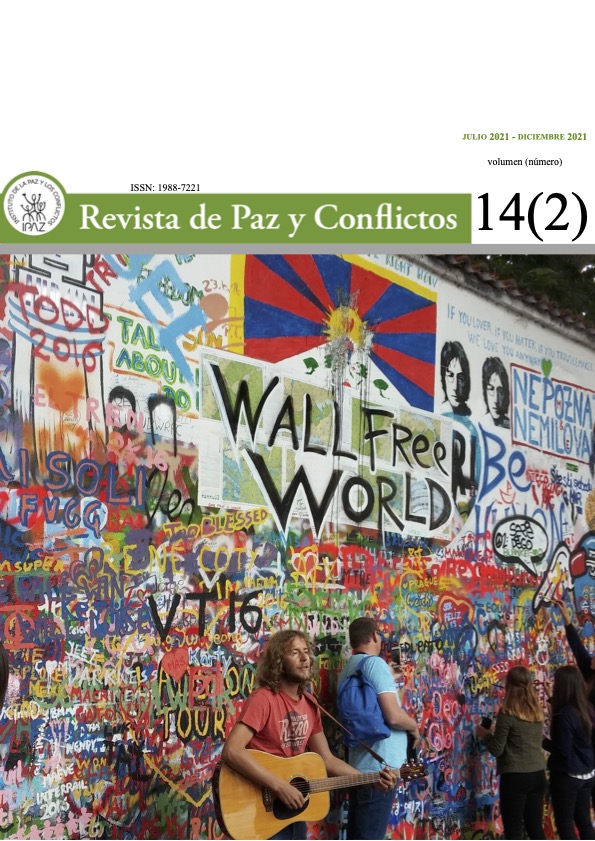¿In a Better World? Pedagogical relationship, masculinities and culture of peace
DOI:
https://doi.org/10.30827/revpaz.v14i2.21875Abstract
In this paper we focus on the film “In a Better World” (Hævnen. Susanne Bier, 2011), in line with previous works in which film analysis has allowed us to delve into pedagogical issues (Sierra, 2018; Sierra y Martín, 2019; Sierra, Martín y Vila, 2020). From this perspective, we have approached the analysis of the film following culture of peace, cultural studies and Lacanian psychoanalysis. The purpose is thinking about father-child relationships and the processes of male subjectivation, in order to reflect on pedagogical relationships. After the theoretical framework, we briefly present the film and then offer an analysis of it in two acts: forgiveness and choice. The conclusion points out how thinking about the pedagogical relationship involves reconsidering intergenerational relationships, placing the figure of the teacher as the heir to the paternal function.
Downloads
Downloads
Published
How to Cite
Issue
Section
License
Esta obra está bajo una licencia internacional Creative Commons Atribución 4.0.














